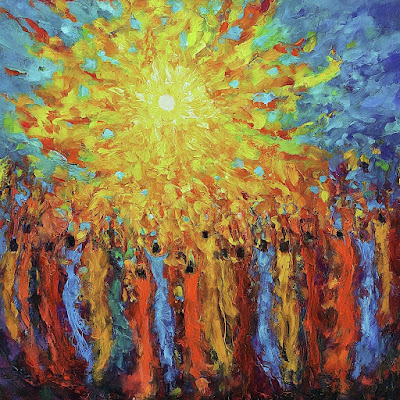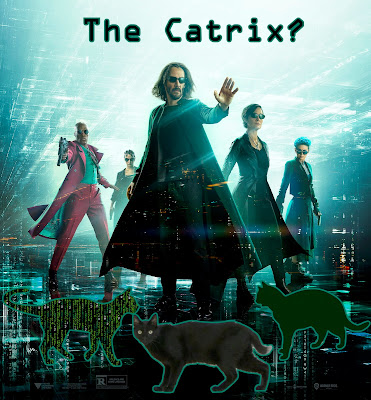Many of us who believe in God would list a similar set of attributes of what make God an Ultimate Reality worthy of the title "God". We may say God is eternal, non-material, all powerful, all knowing, and all good. God stands apart from all other beings as the Source of Being itself, the Creator of all things that are not Godself. All good and true. But is it possible for two people to hold all these views in common, and yet have diametrically opposed views of how God acts, and why God treats us the way God does?
Yes. How we order and prioritize God's attributes can result in a radically different vision of God. We don't tend to talk about this much, and we assume that all Christians or all Theists worship the same God. But could it be the case that, actually, we worship totally different images of the same God? Nothing brings out this divide better than the question: Does God's Love serve Power, or Power serve Love?
















